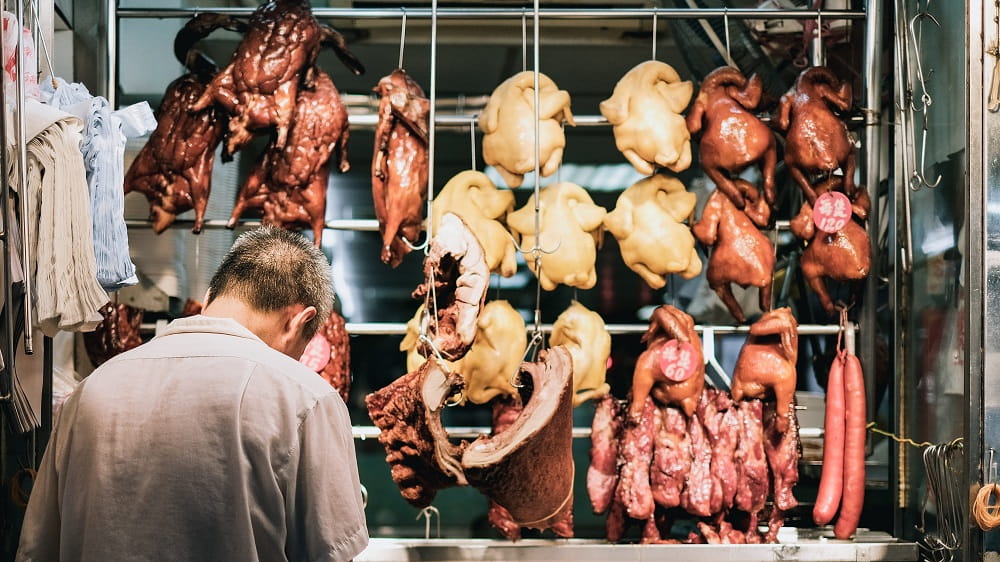Vietnam may soon ban the wildlife trade to control the coronavirus disease 2019 (COVID-19).
Prime Minister Nguyen Phuc requested that the Ministry of Agriculture and Rural Development “quickly” draft a directive to ban the wildlife trade on Sunday. The ministry is to submit it to the government no later than April 1.
The directive follows pressure from 14 conservationist nonprofits, which submitted an open letter to the prime minister last February. This includes the World Wildlife Fund (WFF), Animals Asia Foundation, TRAFFIC, Save Vietnam Wildlife, Wildlife Conservation Society, and Pan Nature, according to VnExpress International.
The Vietnam Administration of Forestry ordered provincial authorities to take measures to control the wildlife trade in late January. However, the groups say that the government should take “more concrete action.”
The letter asks for a wildlife market shutdown, a ban on restaurants illegally selling wildlife meat. Online newspapers, social media platforms, and e-commerce should also ban the advertisement and sale of wildlife meat.
Last February, China banned the sale and consumption of wild animal meat due to its link to the spread of the coronavirus. Markets sell a variety of animals, including bats, snakes, and civets. It is not clear which animal caused the spread.
Zhang Tiewei, a spokesman for the top legislature’s Legislative Affairs Commission, said that the ban is a “critical moment for the epidemic prevention and control.”

‘Only Part of the Problem’
Shi Zhengli, a virologist at the Wuhan Institute of Virology told Scientific American that the “wildlife trade and consumption are only part of the problem.” Animal agriculture could make pandemics worst, too.
In 2016, nearly 25,000 pigs at four farms across Guangdong died of acute diarrhea and vomiting. Shi was called in to identify the virus, which turned out to be swine acute diarrhea syndrome (SADS). The virus’s genomic sequence was 98 percent identical to a coronavirus found in horseshoe bats inside a nearby cave. The SADS outbreak occurred 60 miles from the 2002-2003 SARS outbreak.
Gregory Gray, an infectious disease epidemiologist at Duke University, said that the outbreak is a “serious cause for concern.” Pigs and humans have similar immune systems, so it’s easier for viruses to cross the two species. Gray added that identifying the coronavirus in pigs should be a top priority due to the scale of industrial hog farming.
WHO Declares Coronavirus a Pandemic
The World Health Organization declared the coronavirus a pandemic on Wednesday. The global outbreak has 118,000 confirmed cases in 114 countries and 4,291 deaths. Weeks ago, Vietnam declared that all 16 of its coronavirus cases had recovered.
That same day, the health ministry reported 35 new cases following the reintroduction of the virus via a flight from Britain. Per Reuters, a 29-year-old saleswoman had come into close contact with two infected British tourists on a March 4 flight.
“We have called every day for countries to take urgent and aggressive action. We have rung the alarm bell loud and clear,” said WHO chief Tedros Adhanom Ghebreyesus.


